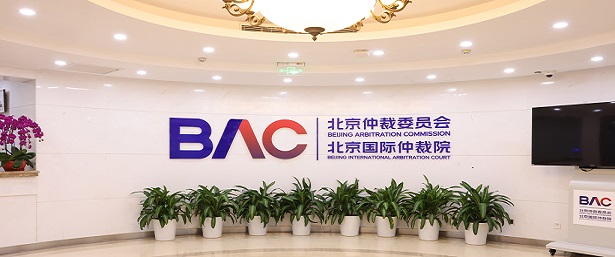
Publish time: Thu Mar 16 09:37:56 CST 2023

Anon-fungible token (NFT) is a unique digital certificate of entitlement recorded in the blockchain that cannot be copied, replaced or separated. It is similar to bitcoin in that both can be sold and traded, but unlike bitcoin, NFTs are unique and identifiable assets because of the artistic, societal and cultural values attached to them.
NFTs first appeared in May 2014, in the form of a video clip that was sold for USD4. While not attracting much wider attention, NFTs began to be traded by some buyers in the blockchain. NFTs’ big breakthrough came at the beginning of 2021, and since then their artistic, societal and cultural attributes have attracted celebrities, businesses and enthusiasts in cultural, sports and other areas.
In China, tech giants such as Tencent and ByteDance have ventured into the NFT industry. With the subsequent mushrooming of NFT platforms, some literary and artistic bodies in China turned their works into NFTs and distributed them via such platforms.
On 11 Nov 2022, FTX, an NFT trading platform in the US, unexpectedly went bankrupt, bringing everyone’s attention to the risks of trading NFTs. But there have been controversies concerning NFTs’ attributes since their very beginning.
In China, some scholars believe that they are a virtual currency, while others argue that they are digital works. The NFT Group of Shanghai Law Society proposes that NFTs should not be simply taken as currency or civil law objects, nor should they be classified as virtual properties. Instead, they should be defined as encrypted digital certificates.
Nevertheless, regardless of NFTs’ nature, it is widely agreed that they will continue to grow, and that NFT trading markets should be further regulated.
Before 1 January 2023, NFTs could only be distributed. However, with the official launch of China’s first national compliance platform for secondary trading of digital assets, the China Digital Asset Trading Platform, NFT transactions are now regulated.
This measure benefitted from the government’s innovation of establishing a secondary market for NFTs. The 14th Five-year Plan for the Development of Digital Economy in Shanghai, released on 12 July 2022, states clearly that it will “support leading enterprises in exploring NFT trading platforms”.
The Policy Statement on the Development of Virtual Currencies in Hong Kong is also explicitly supportive of the development of NFTs and cryptocurrencies.
Trading comes with risks, which are handled with professional dispute resolution mechanisms. Arbitration as a resolution mechanism is well suited to resolving disputes over NFTs for the following reasons.
First of all, in the face of new disputes over resolution, arbitration institutions may appoint an arbitrator who is engaged in a related/similar field, or who has the appropriate knowledge to settle the corresponding disputes.
Second, due to the inherent attributes of NFTs, disputes over them are complex and may require the arbitrators to have the ability to handle legal issues involving intellectual property, property rights and securities, as well as expertise in such industry sectors as information technology and media.
Arbitration institutions may hold regular salons or seminars for experts in the above-mentioned fields, which provides opportunities for exchanges and mutual learning to equip them with a team of arbitrators who are fully competent in solving disputes related to NFTs.
In the end, when facing emerging transaction issues, in the absence of mandatory or effective laws and regulations, the arbitrators should be equipped with a clear commercial mindset to regulate, protect and promote the relevant transactions.
Arbitration arises from commercial transactions and is intended to return the favour to them. The promotion of commercial transactions has always been the starting point of arbitration logic and thinking.
In summary, arbitration institutions have obvious advantages in handling new types of trading. In light of the establishment of the Digital Asset Trading Platform in China, and in response to the Opinions on Promoting the Implementation of the Cultural Digitization Strategy of China, we should enable arbitration institutions to help ensure the security of NFT transactions and promote their development.
作者简介
作者 | 北京仲裁委员会/北京国际仲裁中心顾问付翔宇
本文刊载于《商法》2023年2月刊。如欲阅读电子版,欢迎浏览《商法》官网。